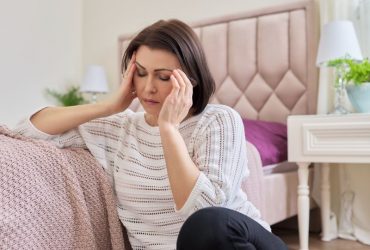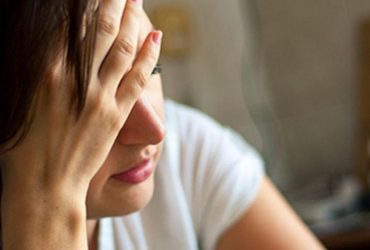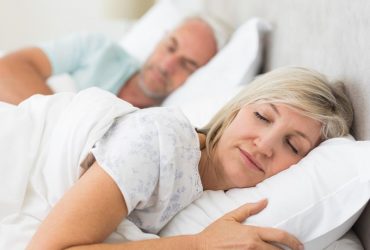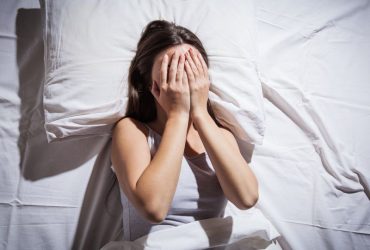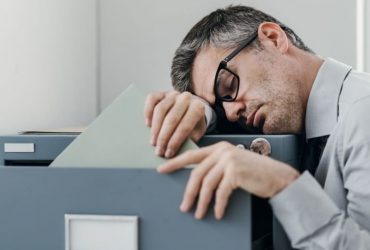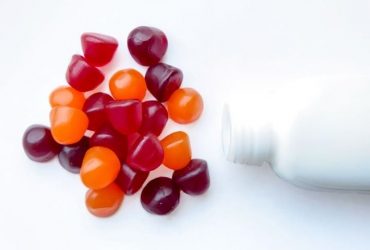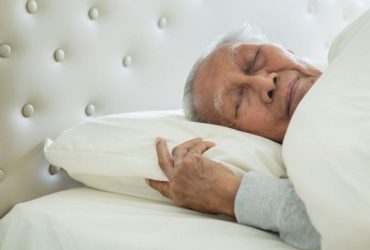Most common individual symptoms included depressive mood, irritability, and greater severity of sleep problems
Improvement seen in measures of sleepiness, cataplexy over eight weeks versus placebo, but drug was associated with hepatotoxic effects
Better sleep consolidation and lack of obstructive sleep apnea linked to better global cognition
Both residential and outpatient individuals with schizophrenia tended to have fewer active hours during the day
Approval is for treatment of excessive daytime sleepiness with once-at-bedtime dosing
No difference observed in dissatisfaction with sleep, sleep-onset insomnia, sleep-maintenance insomnia, and hypersomnolence in different seasons
Analysis shows most exceed the declared amount of melatonin and cannabidiol and may expose children to very high doses
Co-occurrence of symptoms also very common across cancer types
Associations seen for overall sleep quality, deterioration in sleep quality after admission, sleep regularity with higher dyspnea scores
Top contributing factors include depression score, age, physician recommendation of exercise, weight, waist circumference


